Property taxes are a significant expense for homeowners and can account for a substantial portion of their annual budget. While it’s not possible to avoid property taxes as a homeowner completely, there are strategies and tips to help minimize your tax liability and make the most of your money. In this blog post, we will explore everything you need to know about property taxes and how you can reduce the amount you owe.
What are Property Taxes?
Property taxes are taxes paid by homeowners and property owners to their respective local governments. The tax amount is based on the assessed value of the property and is used by the government to fund various public services such as schools, police and fire departments, road maintenance, and more. The tax rate is determined by the local government and can vary from one area to another.
Understanding Property Tax Assessment
To minimize your tax liability, it is crucial to understand how property tax assessments work. Property tax assessments are conducted periodically by local tax assessors to determine the value of your property. They take into account factors such as the size and condition of the property, its location, and recent sales of comparable properties in the area.
Stay Informed About Local Tax Laws
Each jurisdiction has its own set of tax laws and regulations. To minimize your tax liability, it’s important to stay informed about any changes in local tax laws. Keep an eye out for any exemptions, rebates, or deductions that you may be eligible for as a homeowner. These could include exemptions for senior citizens, veterans, or energy-efficient improvements.
Contesting Your Property Tax Assessment
If you believe that your property has been over-assessed, you have the right to contest the assessment. Research the procedures and timelines for appealing your property tax assessment in your local jurisdiction. Gather evidence such as recent sales of comparable properties or assessments of neighboring properties to support your case. Hiring a professional appraiser can also help strengthen your argument.
Take Advantage of Homestead Exemptions
Many states offer homestead exemptions to homeowners, which reduces the assessed value of their primary residence for tax purposes. This exemption can significantly lower your property tax liability. Research your state’s homestead exemption laws and requirements, and apply if you meet the criteria.
Consider Tax Appeals and Abatement
In certain situations, you may be eligible for tax appeals or abatement. These options allow homeowners to seek relief from higher-than-normal property tax bills. Tax appeals typically involve proving that your property has been over-assessed, while tax abatement may be available for properties undergoing renovations or located in designated redevelopment areas. Consult with a tax professional or local authorities to explore these options.
Keep Track of Property Tax Due Dates
Missing property tax payment deadlines can result in penalties and interest charges, further increasing your tax liability. Stay organized and ensure that you are aware of your property tax due dates. Consider setting reminders or enrolling in automatic payment programs to avoid any late fees.
Property taxes are a necessary expense for homeowners, but there are ways to minimize your tax liability. By understanding property tax assessments, staying informed about local tax laws, contesting your assessment if needed, taking advantage of homestead exemptions, and considering appeals or abatement, you can reduce the amount you owe. Remember to stay organized and informed about your property tax due dates to avoid any additional charges. By implementing these strategies, you can make the most of your money as a homeowner and ensure financial stability.





